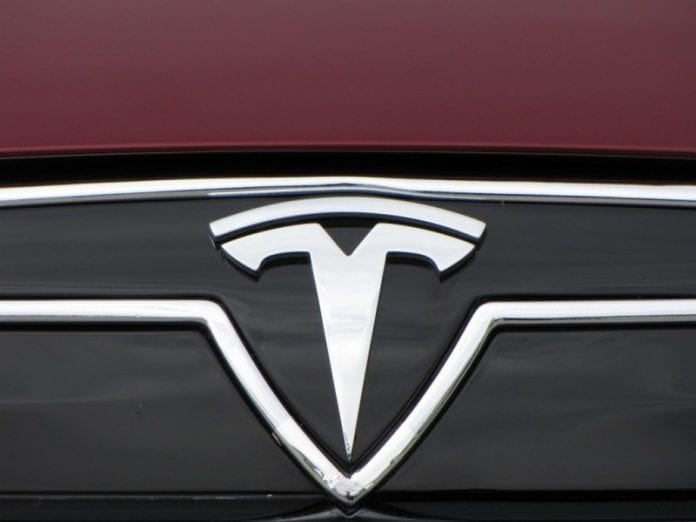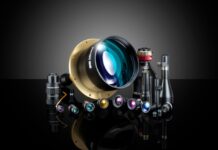The Tesla CEO revealed the new lithium ion battery pack earlier this week. The battery pack is said to produce an unprecedented 315 mile range for the Tesla electric vehicles. However another new start-up, SolidEnergy Systems, said that they were in the process of producing their own battery pack which would double the mile range of the Tesla battery pack.
One of the major obstacles in developing electric cars has been the range anxiety. Electric car makers were concerned that cars would run out of juice in the middle of nowhere with virtually no possibility of recharging your car. The other obstacle for the electric car industry has been the price of the cars. Both of these problems have all been taken from the fact that previously the electric car battery packs were heavy, bulky, extremely pricey and also very slow to charge. However improvements over the past few years show that strides are being taken in the right direction.
In one report, a conclusion was made that the key range and price tipping point was a 200+ mile range and a price of $40,000. Therefore, the fact that two companies have managed to build a 200+ mile battery pack for a little less than $40,000 is great news. The two companies which managed to do this are Tesla and GM. Tesla managed to break records with the Tesla Model 3 primarily because of this shift it is also presumed.
However compared to fuel powered cars which run in the range of 300 to 400 miles, the battery pack’s mile range was nothing. Therefore it was of utter importance that Elon Musk and his company managed to tweak the batteries and change the mile range from 200+ miles to just over 300 miles. The company’s high end vehicles, the Tesla Model X sedan and the Model X sport utility’s batteries were the ones worked upon and they can now deliver 300 mile range for their cars. What about Tesla Model Y ?
The Tesla CEO also said that they were looking at improving the battery performance by close to 5 percent this year. In this aspect, it would allow them to change the 90 kWh batteries with the 100 kWh batteries. With regards to that also, Tesla is building superfast charging stations across the country which would allow the cars to be charged up to 80 percent of its capacity in just 20 minutes.
This is equally good news after a recent report by the MIT University showed that of the current EVs on the market at the moment, 87 percent of daily car travel could be covered with relative ease. The report also indicated that by 2025, they would be able to cover close to 98 percent of daily car travel.
The need and development to increase the battery range and performance has been one of the most funded endeavors in the world. One of the reasons is that EV makers are not willing to pay more money to get the ability to store more electricity in one space. Therefore many companies have decided to look into other alternatives, including the aluminum air and lithium metal batteries.









